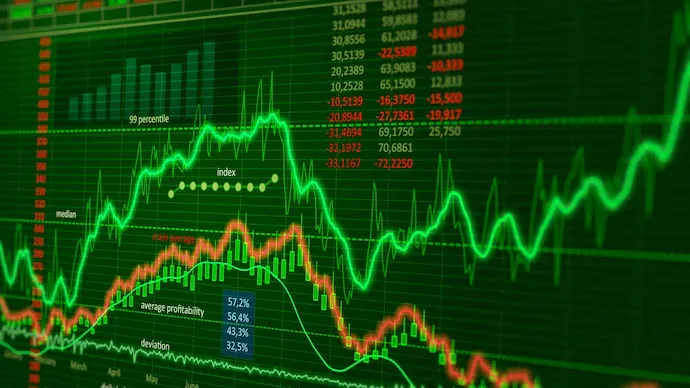Understanding Market Value
Written by Pradnya Surana
Published on November 20, 2025 | 3 min read

Have you ever wondered, the house you bought five years ago is worth today? Or the heirloom jewellery your mother passed on to you what is its value today? Checked the value of your investment portfolio and got surprised seeing drastically changed amount from what you actually invested? To understand above incidents one needs to be aware of the concept ‘market value’.
What exactly is market value?
Market value is the price at which something can be sold in open market under prevalent circumstances. Think of it as the ‘real world’ price of an asset.
Lets say, five years ago, you bought a residential property in Mumbai for ₹80 lakhs. But what would someone pay for it today? Maybe ₹1 crore? This ₹1 crore is your flat’s market value.
The current price, what a buyer will actually pay, is your assets market value.
Why does market value matter?
Understanding market value is necessary for multiple reasons,
When you are selling something
Whether it is property, gold or stocks, you must know the current market value to set an appropriate price.
For loan applications
Be it home loan, gold loan or loan against your securities, lenders check the market value of your assets when you apply for loans.
Investment decisions
If you are investing in property, market value helps you understand if you are paying too much
Insurance purposes
Insurance companies use market value of the particular asset to determine coverage amount
Tax calculations
Capital gains tax depends on market value when you sell assets
How to calculate market value
The formula for calculating market value depends on what you're valuing. Let me share the most common methods:
-
For stocks and shares This is probably the easiest one. The market value of a company's stock is calculated as Market value = Current share price × Total number of shares For example, if a company has 1 crore shares and each share is valued today at ₹500, the company's market value (also called market capitalisation) is ₹500 crores. If you own 100 shares of this company, your investment's market value is 100 × ₹500 = ₹50,000.
-
For real estate Property market value is trickier because each property is unique.Look at what similar type of properties in your area are sold for recently. Say, if three 2BHK flats in your building sold for around ₹60-65 lakhs in the past six months, that is likely your flat's market value too.
-
For bonds Bond market value depends on,
-
The face value of the bond
-
Current interest rates
-
Time remaining until maturity
-
Credit rating of the issuer The calculation is more complex, but generally, when interest rates rise, bond market values fall and vice versa.
Factors that affect market value
Market value is not fixed and it changes based on,
Market value vs. book value
Book value most often differs from market value. Book value is what appears in account books. This is the original cost minus depreciation. Market value is what you will actually get if you sell it today.
Your car's book value might be ₹3 lakhs according to the showroom's depreciation chart, but if you try to sell, you might only get ₹2.5 lakhs. That ₹2.5 lakhs is the market value.
The bottom line
When you are buying, selling or simply tracking your investments, knowing and understanding the market value helps you make appropriate decisions.
Also, market value keeps on changing constantly based on several micro and macro economic factors. So, if you are planning any major financial move like selling a property, investing in stocks or availing a loan, it is advisable to check the current market value first.
About Author
Pradnya Surana
Sub-Editor
is an engineering and management graduate with 12 years of experience in India’s leading banks. With a natural flair for writing and a passion for all things finance, she reinvented herself as a financial writer. Her work reflects her ability to view the industry from both sides of the table, the financial service provider and the consumer. Experience in fast paced consumer facing roles adds depth, clarity and relevance to her writing.
Read more from PradnyaUpstox is a leading Indian financial services company that offers online trading and investment services in stocks, commodities, currencies, mutual funds, and more. Founded in 2009 and headquartered in Mumbai, Upstox is backed by prominent investors including Ratan Tata, Tiger Global, and Kalaari Capital. It operates under RKSV Securities and is registered with SEBI, NSE, BSE, and other regulatory bodies, ensuring secure and compliant trading experiences.

























